
Ghana’s 9th general election under the 4th Republic, held on December 7, 2024 has become a hallmark of her political history. We, as a nation, have achieved this historic milestone at a time when democratic processes worldwide, particularly in Africa, are often marred by violence.
We believe that this triumph is not an accident, but a reflection of the cooperative efforts of stakeholders, whose work guaranteed the success of the polls. It is important, therefore, that we guard against snippets of the aftermath of incidents that portend doom.
We have become aware of attacks at re-collation centres created by the Electoral Commission to tally election results. Of utmost concern is the re-collation centre at the Ghana Police Academy Training School, Tesano, Accra, set up by the EC to collate results it rejected from 12 constituencies across the country.
Following reports from its returning officers that results in those constituencies were declared under duress, the Commission decided to reject them. So far, the electoral body has re-collated results from Fanteakwa North, Akwatia and Suhum constituencies.
Regrettably, the police have come under severe attacks for allowing the exercise on their premises. On Wednesday, this week, the Director of Training at EC, Dr. Serebuor Quaicoe, said the police had declined their request to provide security for the re-collation to resume for the nine outstanding constituencies. The police are reported to have said that the environment was not conducive for re-collation to resume.
Yesterday, the chairperson of the EC, Jean Mensa, held a press conference and appealed to the sitting President and the incoming President to help provide the necessary security for the process to resume and end. Mind you, the EC has to gazette all the election results before they become official.
What it means is that the EC has to submit a list of the gazetted MPs-elect for the 9th Parliament to the Speaker, for them to be sworn in on the eve of January 6, 2025. The potential crisis, should the re-collation not resume, is that these constituencies would not be gazetted for the MPs to be sworn in.
But the big question is: why are the police ‘refusing’ to provide security for the re-collation exercise? Though the security outfit has reportedly cited security concerns as their main concern, other factors cannot be ruled out.
As the adage goes, there is no smoke without fire – when the political parties descended heavily on the security agency for allegedly aiding the EC to declare people who ought not to have been declared winners in the disputed constituencies, the EC failed to go to their aid.
If the electoral body had done that, it would have demystified the suspicion of the police aiding the EC to engage in the alleged illegality, especially as the public was told that it was the National Election Security Taskforce that was providing security for the election process.
The Commissioner in charge of CID, who was strictly enforcing the laws at the Tesano re-collation centre, was branded as NPP women’s organiser. The IGP, Dr Akuffo Dampare himself, was not spared of this wild allegation of setting up the re-collation centre to rob people of their legitimate victories.
Former US president, Barrack Obama came to Accra to tell us about how to build strong institutions and not personalities, but we failed to heed his advice. Otherwise, how can police officers who are just applying the law be accused of aiding and abetting a supposed crime? As we earlier indicated, the EC should have gone to the aid of the police by insisting that they set up the re-collation centers and not the police, but this did not happen and the latter was vilified publicly for committing no crime.
In view of this, how can the police provide security for the next re-collation centre? Should they accept this invitation from the EC again, for the political parties to make another round of unsubstantiated allegations against them?
Again, from the look of things, both the National Democratic Congress (NDC) and the New Patriotic Party (NPP) are determined to protect the victories they claimed to have won in these disputed constituencies. This means that the probability of violence erupting during these re-collation exercises cannot be ruled out.
The police, in such situations, will definitely try to use their weapons and consequences could erode the gains made during the national election itself.
The Chronicle would, therefore, appeal to the parties to agree to disagree. We think that the safest way out is for both parties to compromise at some point, regarding these disputed seats. Taking an entrenched position in this situation could plunge the nation into chaos and we do not want that to happen.
Ghana’s success in the just-ended elections stands in stark contrast to the unfortunate experiences in other parts of Africa and the world, where elections have triggered violence. We do not want this to happen in our motherland.
The post Editorial: Refusal To Accept EC Invitation: Police Have Raised Legitimate Concern appeared first on The Ghanaian Chronicle.
Read Full Story

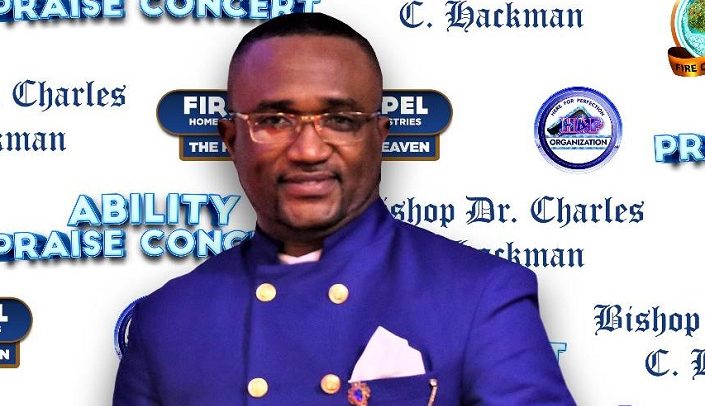
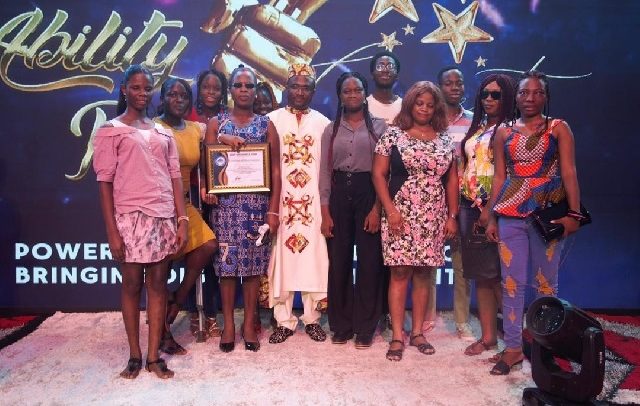

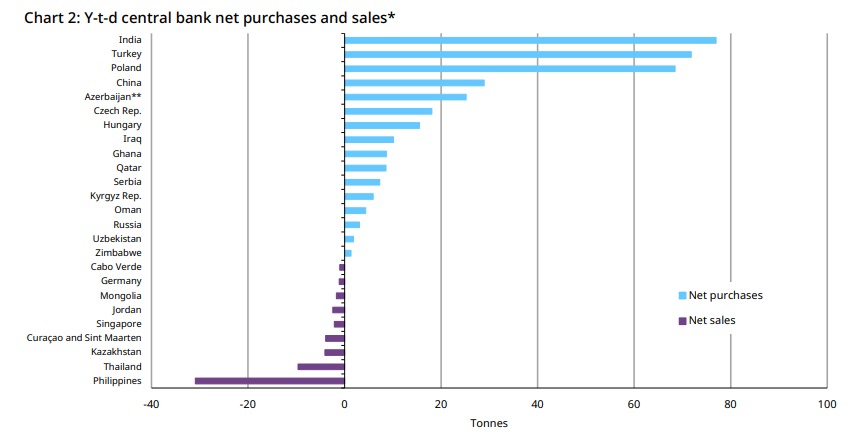
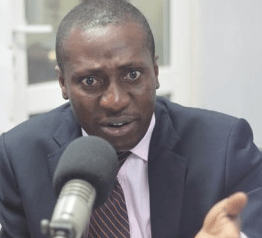


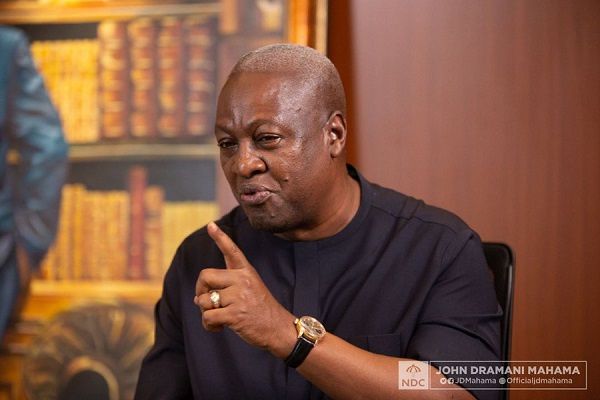

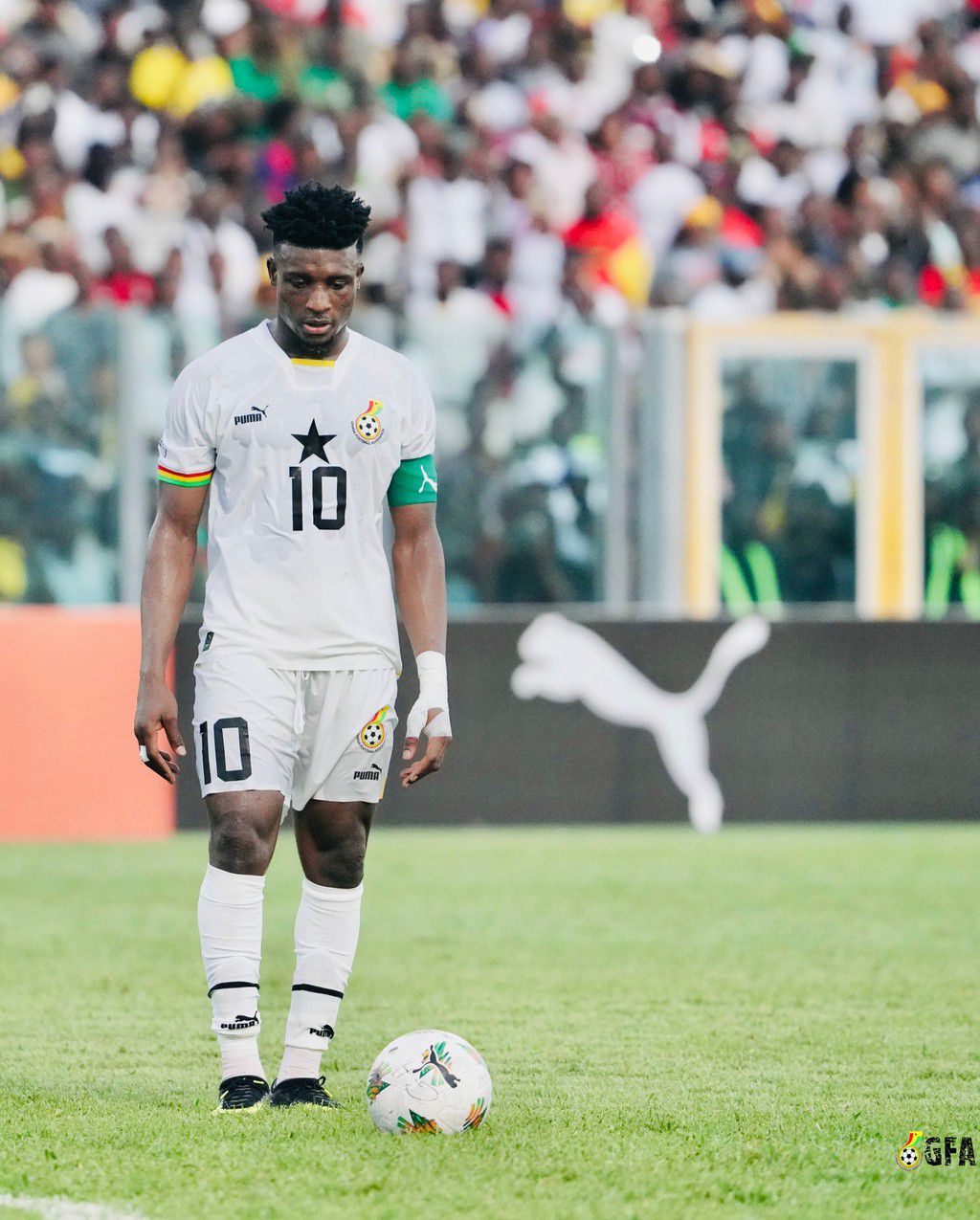
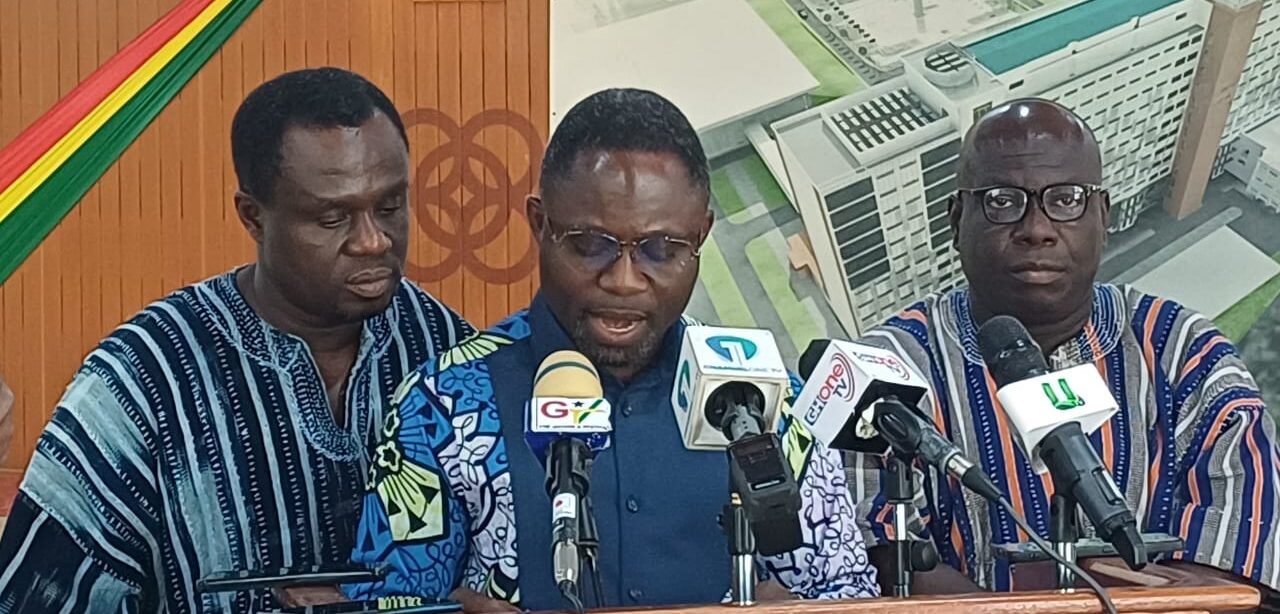


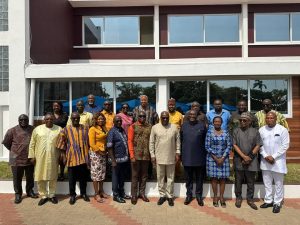
Facebook
Twitter
Pinterest
Instagram
Google+
YouTube
LinkedIn
RSS